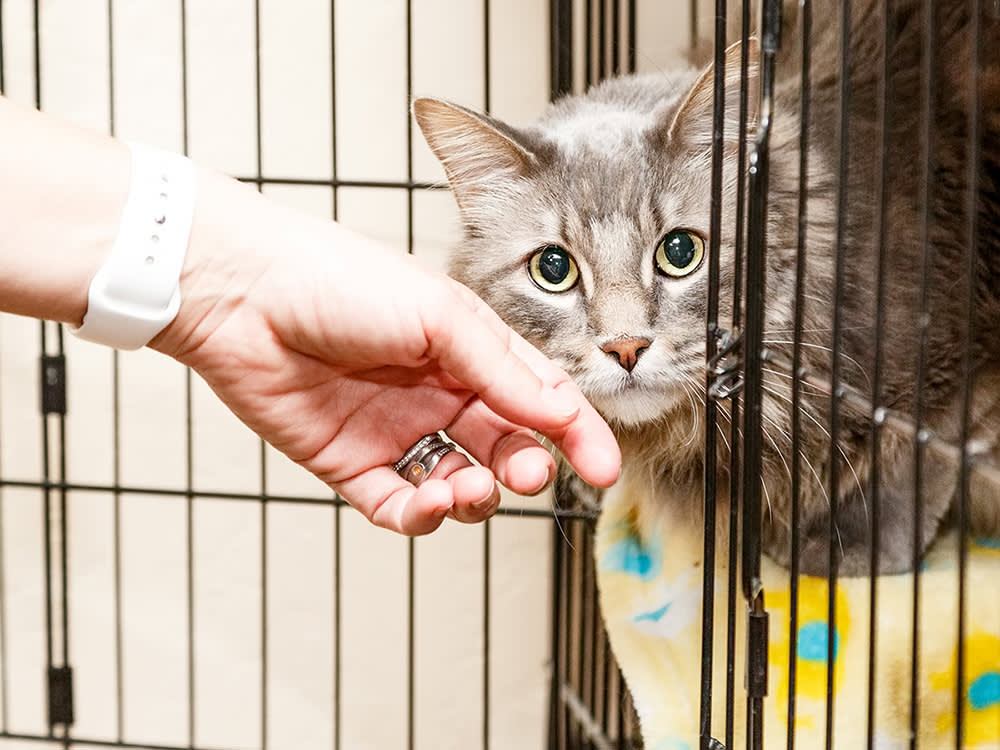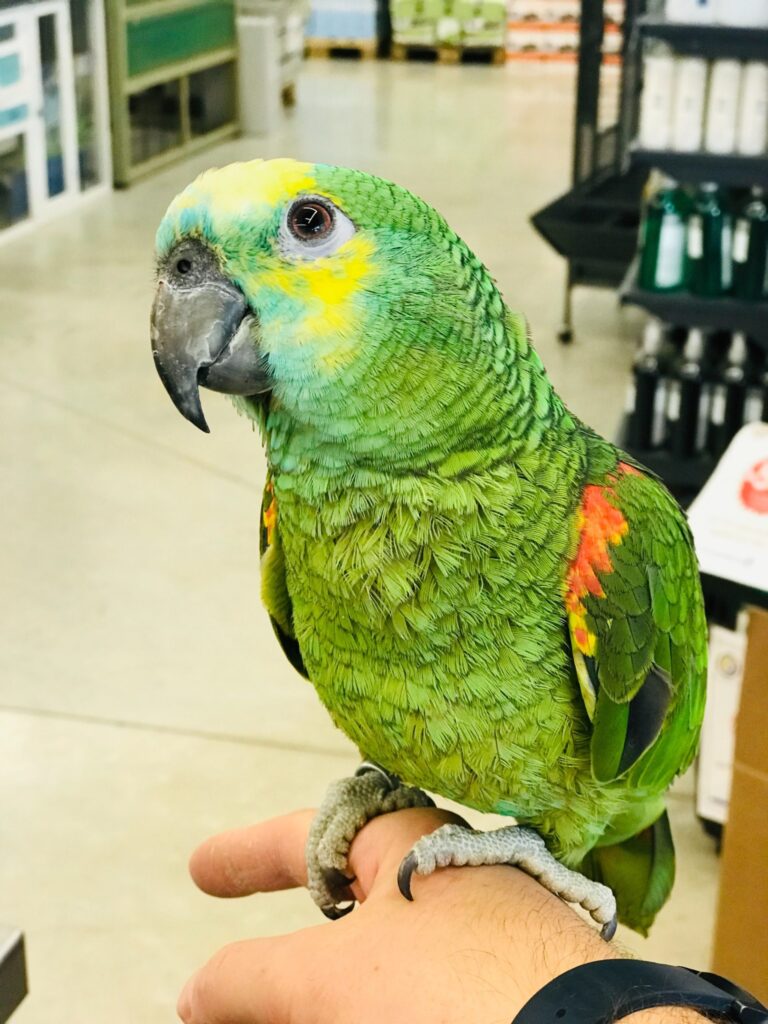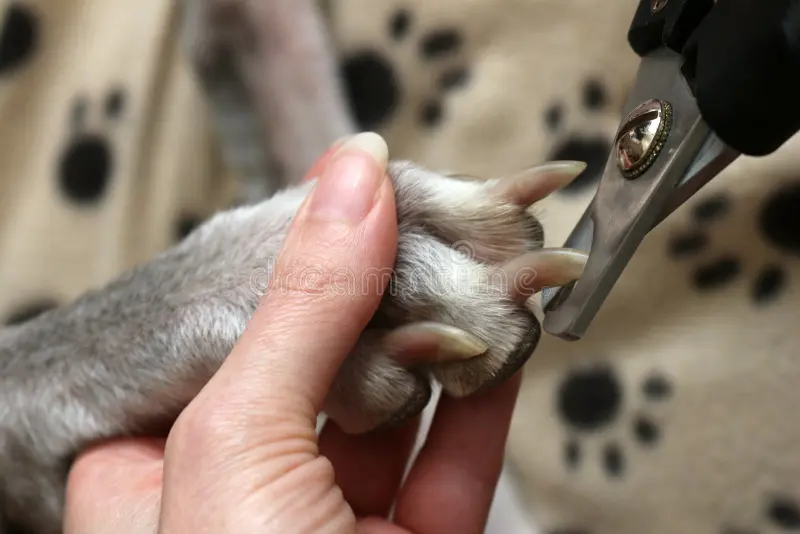New Scam targeting Families Who Have Lost Pets

Beware: New Scam Targets Families Who Have Lost Pets
In a recent reports by KSDK News, a disturbing trend has emerged targeting families who have lost but cherish their pets. Scammers are preying on the love and care that pet owners have for their furry companions, using deceptive tactics to exploit their emotions and financial resources.
The scammers claim your pet is hurt, demanding money for surgery. The report made mention of a St. Louis family whose cat have been missing since January. (Click on the video link above for full info).
Emotional Manipulation
The emotional toll of losing a pet is profound, and scammers capitalize on this vulnerability by playing on the desperate hope of reuniting with a cherished pet. They may use heart-wrenching stories or fabricated details to convince pet owners/families who have lost pets to part with their money, preying on their love and longing for their furry family members.
Read more: The Human and Animal Bond.
Red Flags and Warning Signs for pet owners and families who have lost pets:
It’s crucial for families who have lost pets and pet owners in general to be vigilant and recognize the warning signs of these types of scam:
1. Unsolicited Messages: Be cautious of unsolicited messages from unknown individuals claiming to have found your pet.
2. Demand for Payment:Legitimate rescuers or finders of lost pets do not typically demand payment upfront. Be wary of requests for money in exchange for information or services related to your pet.
3. Lack of Verifiable Information:Scammers may provide vague or inconsistent information about the pet’s location, condition, or history. Ask for verifiable details and proof before engaging further.
4. Refusal to Meet in Person: Scammers may avoid meeting in person or providing concrete evidence of the pet’s whereabouts. Insist on meeting in a public place and verifying the pet’s identity before making any payments.
Protecting Yourself and Your Pets
To avoid falling victim to this scam, consider the following precautions:
1. Microchip and ID Tags: Ensure your pets are microchipped and wear visible identification tags with your contact information.
2. Local Shelters and Resources: For families who have lost pets, utilize local animal shelters, lost and found pet networks, and social media groups dedicated to lost pets for legitimate assistance.
3. Verification Process: Always verify information and request proof of ownership or identification before engaging with anyone claiming to have found your pet.
4. Report Suspicious Activity: If you encounter suspicious messages or scams, report them to the relevant authorities or platforms to prevent further victimization.
Conclusion on scams targeting families who have lost pets:
The new scam targeting families who have lost or love their pets is an exploitation of emotional vulnerability. Awareness, vigilance, and taking preventive measures are crucial steps in protecting pet owners from falling victim to these heartless schemes. Stay informed, trust reputable sources, and prioritize the safety and well-being of your beloved pets.
Have you had an encounter with such scammers before? How else do you think pet owners can deal with these issues? Please share in the comment section!





















































